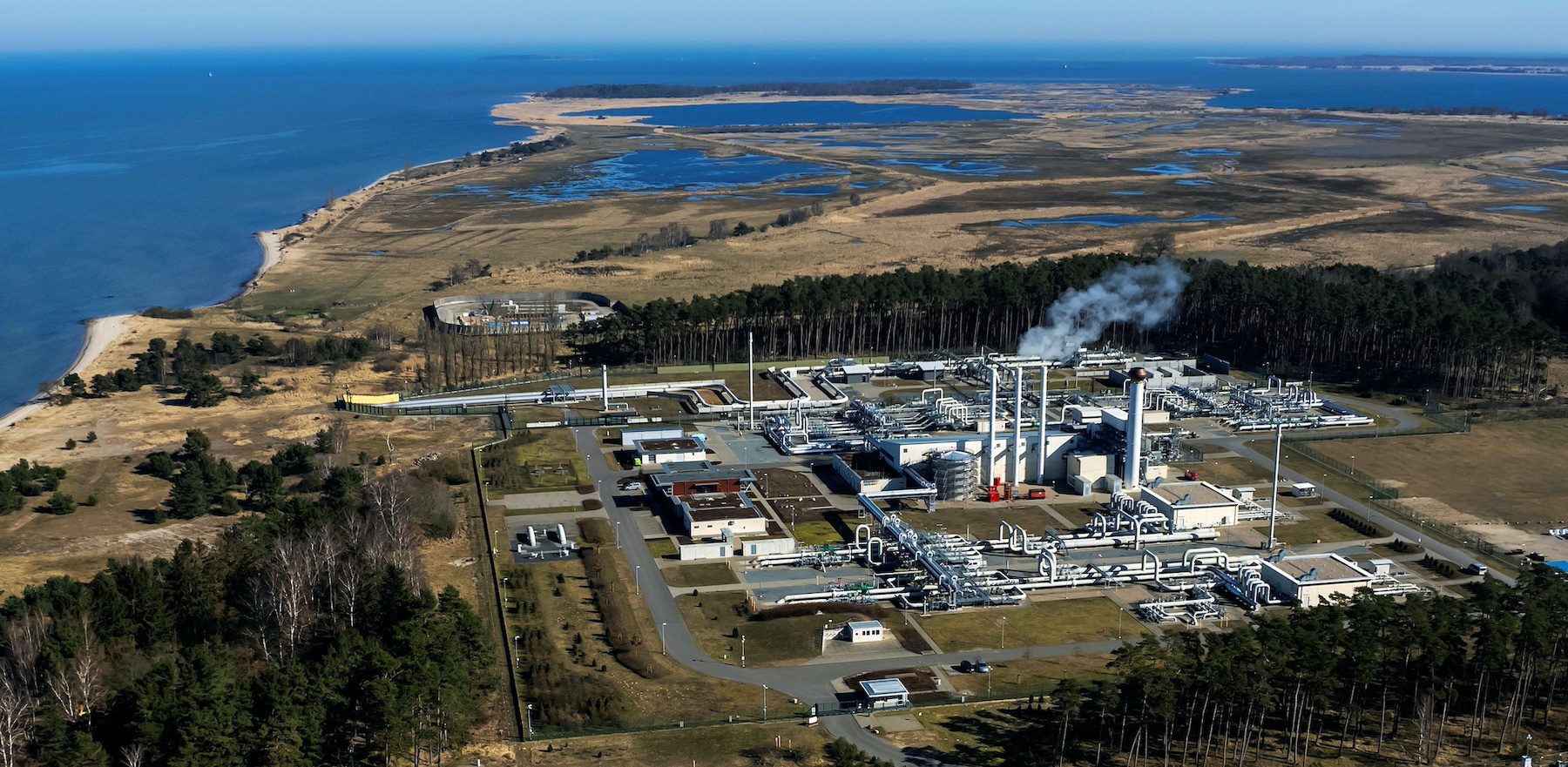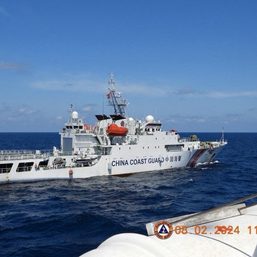SUMMARY
This is AI generated summarization, which may have errors. For context, always refer to the full article.

Russia delivered less gas to Europe on Wednesday, July 27, in a further escalation of an energy standoff between Moscow and the European Union that will make it harder, and costlier, for the bloc to fill up storage ahead of the winter heating season.
The cut in supplies, flagged by Gazprom earlier this week, has reduced the capacity of the Nord Stream 1 pipeline – the major delivery route to Europe for Russian gas – to a mere fifth of its total capacity.
Nord Stream 1 accounts for around a third of all Russian gas exports to Europe.
On Tuesday, July 26, EU countries approved a weakened emergency plan to curb gas demand after striking compromise deals to limit cuts for some countries, hoping lower consumption will ease the impact in case Moscow stops supplies altogether.
The plan highlights fears that countries will be unable to meet goals to refill storage and keep their citizens warm during the winter months and that Europe’s fragile economic growth may take another hit if gas will have to be rationed.
Royal Bank of Canada analysts said the plan could help Europe get through the winter provided gas flows from Russia are at 20% to 50% capacity, but warned against “complacency in the market European politicians have now solved the issue of Russian gas dependence.”
While Moscow has blamed the delayed return of a serviced turbine and sanctions for the supply cuts, Brussels has accused Russia of using energy as a weapon to blackmail the bloc and retaliate for Western sanctions over its invasion of Ukraine.
Gazprom deputy chief executive officer Vitaly Markelov said the company has still not received a Siemens turbine used at Nord Stream 1’s Portovaya compressor station that has been undergoing servicing in Canada.
Markelov said there were sanctions risks associated with the machinery, while Siemens Energy said Gazprom needed to provide customs documents to bring the turbine back to Russia.
‘Save gas’
On Wednesday, physical flows via Nord Stream 1 tumbled to 14.4 million kilowatt hours per hour between 1200 GMT and 1300 GMT from around 28 million kWh/h a day earlier, already just 40% of normal capacity. The drop comes less than a week after the pipeline restarted following a scheduled 10-day maintenance period.
European politicians have repeatedly warned Russia could stop gas flows completely this winter, which would thrust Germany into recession and send prices for consumers and industry soaring even further.
The Dutch wholesale gas price for August, the European benchmark, were up 7% at 210 euros per megawatt hour on Wednesday, up around 400% from a year ago.
Germany, Europe’s top economy and its largest importer of Russian gas, has been particularly hit by supply cuts since mid-June, with its gas importer Uniper requiring a 15-billion-euro ($15.21 billion) state bailout as a result.
Italy, another major importer that typically gets 40% of gas from Russia, would face a gas supply crunch at the end of the coming winter if Russia were to totally halt supplies, Ecological Transition Minister Roberto Cingolani warned.
Uniper and Italy’s Eni both said they received less gas from Gazprom than in recent days.
German Finance Minister Christian Lindner said he was open to the use of nuclear power to avoid an electricity shortage.
Germany has said it could extend the life of its three remaining nuclear plants that produce 6% of its power, if Russia were to cut it off from its gas.
Klaus Mueller, head of the country’s network regulator, said Germany could still avoid a gas shortage that would prompt its rationing, while making another plea to households and industry to “save gas.”
German industry groups, however, have warned companies may have no choice but cut production to achieve bigger savings, pointing to slow approval for replacing natural gas with other, more polluting fuels.
Mercedes-Benz CEO Ola Kaellenius said a mixture of efficiency measures, increased electricity consumption, lowering temperatures in production facilities, and switching to oil could lower gas use by up to 50% within the year, if necessary.
Germany is currently at Phase 2 of a three-stage emergency gas plan, with the final phase to kick in once rationing can no longer be avoided. – Rappler.com
$1 = 0.9862 euros
Add a comment
How does this make you feel?















There are no comments yet. Add your comment to start the conversation.